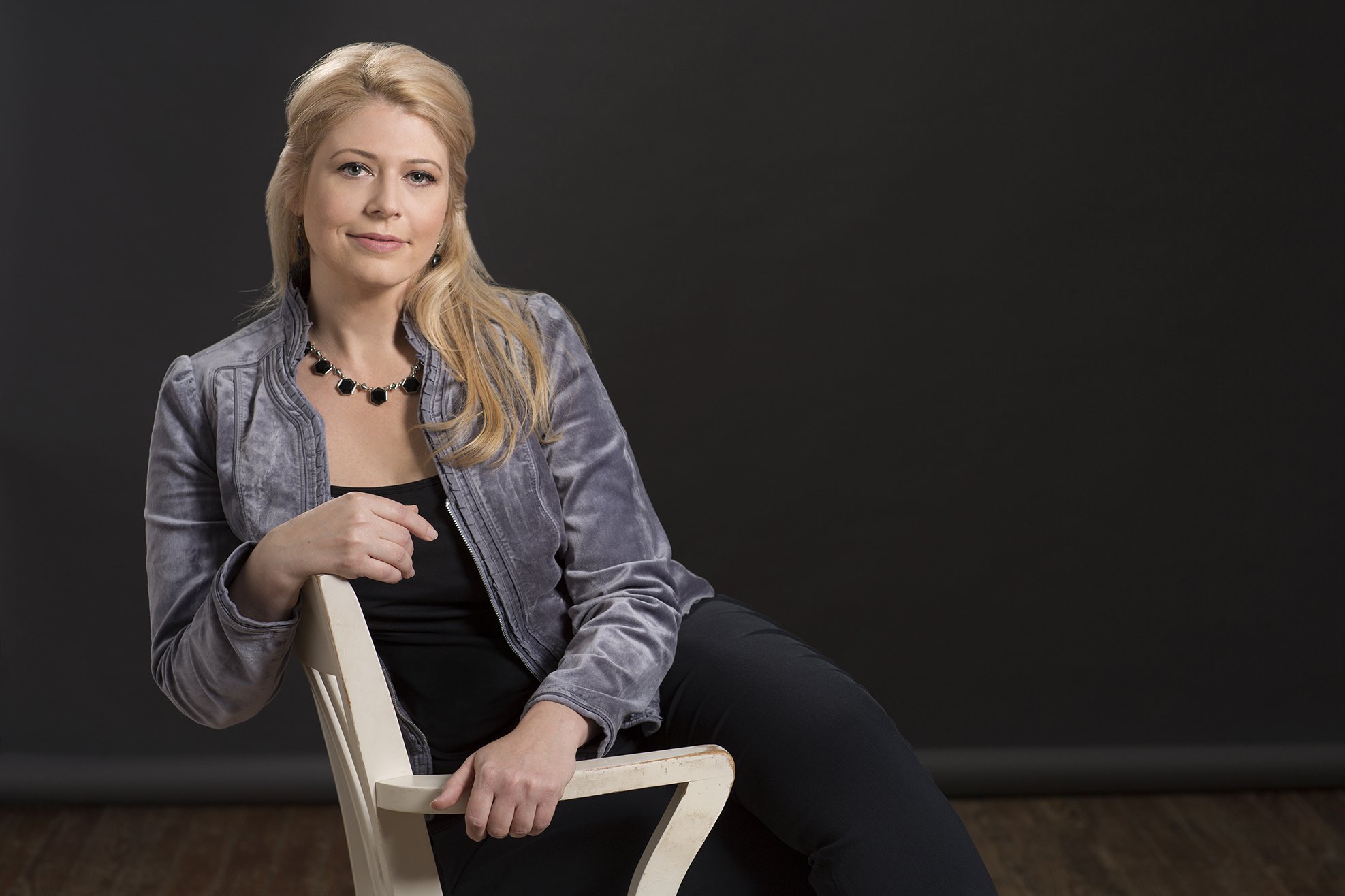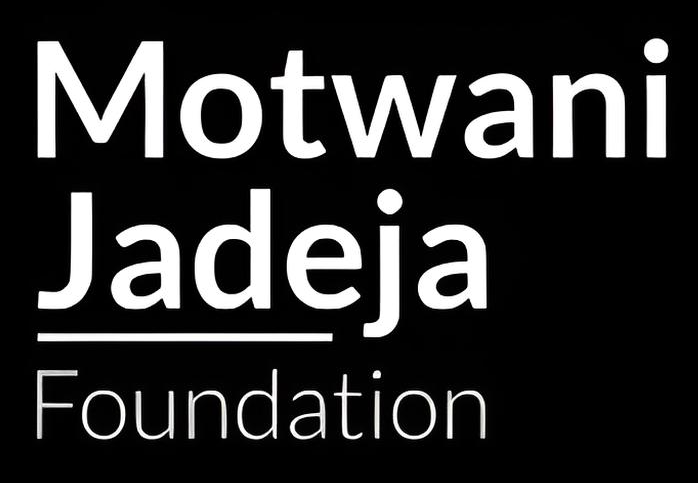Millennials have a seemingly passive relationship to social media because we have not quite experienced the joy of connection in the same way Baby Boomers have. Most of us do not know the joy of connecting with someone that we lost touch with 20+ years ago. I saw a glimpse of this joy first-hand when I interviewed Karen, a 52-year-old woman from Kingwood, Texas.
Growing up as a Baby Boomer, Karen remembers her childhood as lively but simple. Most of her time was spent outdoors playing with Barbie Dolls with her neighbor Stacy or playing catch with other children on her street. She and her siblings ate tuna fish sandwiches and potato chips on the porch every day and continued to play until they were allowed inside at dinnertime.
Karen’s family went on one vacation her whole childhood. Her mother often made many of her clothes, or she received hand-me-downs from her older sisters. Money was scarce, but Karen still participated in sports such as softball and dance. Her family made do with what they had and—while it was very little—Karen’s mother always made sure her children were well-dressed and presentable.
As a child, Karen was extremely curious but struggled greatly with dyslexia that was never treated. Her second-grade teacher diagnosed her, but Karen never received the help she desperately wanted. Because of this, she compensated for her learning deficit by being a people person. She talked incessantly, treating others kindly, and eventually surrounding herself with many friends.
According to Karen, the family dynamic was highly structured during the Baby Boomer generation. As many families seemed to do, Karen’s family tended to ignored problems or hide them while putting forth the image of a perfect suburban family. Karen did not quite understand it as a child, but she now recognizes that dynamic as extremely emotionally damaging. As she grew into a young adult, Karen promised herself she would raise her family in an open and accepting environment.
Despite damaging family dynamics, Karen still had an exciting teenage and young adult life. She reminisced with me on the many times her friend group would sit in a ticket line overnight to see performers like Tom Petty and AC/DC. Anytime the group wanted to make plans, they usually had to do it a week ahead of time, during lunch period because no one had cell phones and everyone had to ask-off at work. The communication differences between Karen’s teenage life and mine show a stark difference, so I decided to ask her about the changes in technology she saw growing up.
The coolest innovation in technology for Karen was the cordless phone. She and her husband bought one in the late 80s and she got a thrill out of simply being able to talk on the phone and walk into different rooms of her home. She could even walk outside onto her porch, but she could not close the door, otherwise the connection would be lost.
Karen’s first cell phone was another intriguing innovation for her. Her husband bought her a pink Motorola Razr and she thought “it was so fine.” She absolutely loved it, but it was expensive. As a result, Karen mostly used her new, trendy cell phone to keep in-contact with her husband while she was pregnant with her second child.
A few years later, Karen’s husband talked her into creating a Facebook account as well. At first, Karen did not think she would have the time or interest in the social media site, but after she began reconnecting with friends from high school, her entire mindset changed. Karen and her husband reconnected with many old friends, but none were as special as their reconnection with their best friends—Brian and Teddy.
When Karen and her husband, Tim, began dating they also began spending the weekends with another couple, Brian and Teddy. Tim and Brian had a history as they went to high school together, but the whole group quickly became close friends until both couples moved to different cities to start their adult lives.
Karen and Tim were able to connect with these best friends again through Facebook in 2008. Since then, the friends have been visiting each other several times a year. Brian and Teddy have basically become Karen’s children’s second parents.
Karen has also used Facebook to educate herself. Karen’s youngest child, Thomas, was diagnosed with Autism several years before she created a Facebook. During those years, Karen felt lost in the wealth of information, studies, and books available to her on autism. She reestablished a foundation of optimism again through Facebook when she began to follow pages, such as Autism Speaks, that share up-to-date and easy to access information on current studies, behavioral techniques, and new medicines for people with autism. Furthermore, she also receives encouragement from Facebook groups she is in with other mothers who have a child with autism.
Overall, Karen is incredibly thankful for the rekindled friendships Facebook has provided her. She loves being able to keep up with these people she cares for so deeply. These friendships have provided not only joy but also support as Karen continues her journey as a parent of a child with autism.
Karen deems online connect as a tool that makes life easier. Many will dis technology and call online communities an impersonal, easy route. However, after talking to Karen, it is clear that making life easier can never be a bad thing. Making life easier simply indicates communication with others, which leads to support, understanding, and more time to spend with those that you love.



































